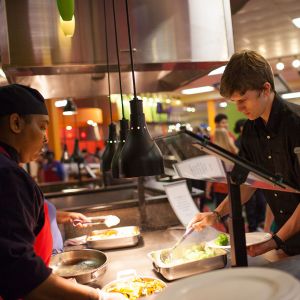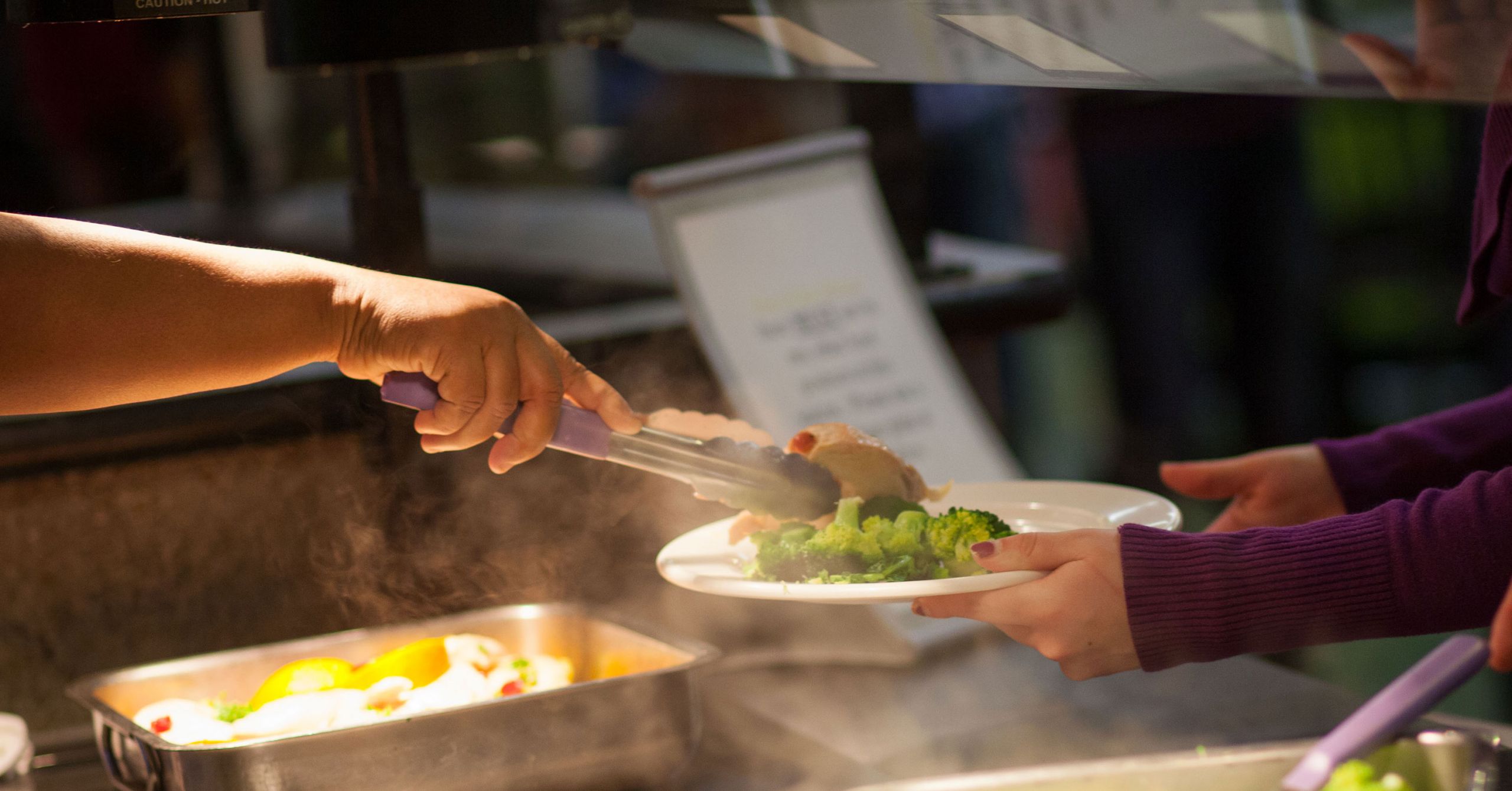 Over the past couple of years, Liberty has undertaken construction projects that are almost unprecedented among universities in the United States in the last 50 years. President Jerry Falwell, Jr. said recently that between 2010 and 2014, Liberty will invest over $500 million in the reconstruction of its main campus and significantly more will be invested by 2020.
Over the past couple of years, Liberty has undertaken construction projects that are almost unprecedented among universities in the United States in the last 50 years. President Jerry Falwell, Jr. said recently that between 2010 and 2014, Liberty will invest over $500 million in the reconstruction of its main campus and significantly more will be invested by 2020.
“It has been said that an opportunity of this magnitude — allowing a school to completely rebuild a major campus — is historic,” he said. “We are humbled that Liberty has been so blessed.”
As the capital expansion project has unfolded, architects and designers have been assigned the task of preserving the close-knit community and family atmosphere that has been a hallmark of life at Liberty since its founding. The new campus will include a large lawn, new academic buildings, and high-rise dormitories. Now, a new dining facility has been included in those plans, as well as a renovation of Reber-Thomas Dining Hall.
“Our current dining hall was built around 1990,” said Lee Beaumont, the university’s vice president of auxiliary services. “It is not set up for the volume of customers it now serves.”
Still early in the design stage, the new dining facility will be located in a new residential tower that is being planned adjacent to the Hill residence halls. It will provide convenient access to DeMoss Hall, the Falwell Library, and the new academic buildings now under construction, as well as the new parking garage.
Along with a new facility, the university is implementing new meal plans for the Fall 2014 semester, allowing students, faculty, staff, and visitors to access a much wider selection of food choices with greatly expanded operating hours. Students will notice a reduction in wait times and will have the opportunity to make healthier, smaller meal choices.
The dining experience itself will also change, as the university looks to promote personal social interaction, helping to balance what many believe is an unhealthy addiction to social media and digital electronics among young people. The remodeled Reber-Thomas Dining Hall will allow people to gather in a living-room type setting much like they would if they were in their own homes. It will feature comfortable lounge seating, flat panel TVs, and a stage area. It will also have areas designated as “Learning Commons” so students can study in quiet areas during and between meals.
“We are attempting to create a dining experience at Liberty that provides a family atmosphere, a multitude of food choices, and excellent-tasting food and service,” Falwell said. “In other schools where this system has been implemented, off-campus students, faculty, and staff often purchase meal plans, and it is not uncommon for the general public to eat regularly on campus.”
Studies show that students who are socially connected to their classmates and campus have better GPAs and are more personally and academically responsible.
“We can directly track student retention to the number of meals we serve at the dining hall,” Beaumont said. “The more that students eat there, the less likely they are to drop out of college and the better their grades are.”
The renovation of Reber-Thomas Dining Hall is expected to begin this summer; work on the new facility is scheduled to start later this year. Reber-Thomas Dining Hall will continue to service students for the foreseeable future, but a long-range plan calls for converting the building to academic space, possibly with labs for the new Culinary Arts program in the Department of Family & Consumer Sciences.
Liberty will continue to offer additional dining options in several convenient locations around campus, including DeMoss Hall, the Falwell Library, the Tilley Café and Food Court in Green Hall, David’s Place and Doc’s Diner on East Campus, Dunkin Donuts near Liberty’s Residential Commons, and Starbucks at the Liberty University Bookstore.
Ron Brown contributed to this report.
Healthy dining options help Liberty earn No. 3 ranking
 Liberty University was named the third healthiest college in the United States in a report from The Daily Beast last October. Scores were based on healthy lifestyle choices —such as choosing to be alcohol-free, drug-free, and making healthy food choices.
Liberty University was named the third healthiest college in the United States in a report from The Daily Beast last October. Scores were based on healthy lifestyle choices —such as choosing to be alcohol-free, drug-free, and making healthy food choices.
Information was gathered from College Prowler, an online guide created by students to rank schools.
Earlier in the year, Food Management magazine awarded Sodexo, Liberty’s dining services provider, with the Best Wellness Concept award for its Simple Servings station at Reber-Thomas Dining Hall.
Simple Servings offers healthy options that avoid seven of the eight most prominent food allergens. Sodexo won the award for its consistent high-quality foods and for keeping student needs a priority.
Robin Quay, Sodexo’s registered dietitian for Liberty, said that Sodexo specifically asked the Liberty branch to enter the competition because of the team’s ability to produce quality food for a campus that consumes more than 26,000 meals per day when classes are in session.
“At Simple Servings, everything we make is from scratch, using quality ingredients,” Quay said.
Some of the fresh ingredients used to create the menu at the dining hall are grown and picked from Liberty’s Morris Campus Garden to ensure the highest quality produce available.
Quay believes Liberty is an ideal place for students who want to live healthy lives.
“I think we are ahead of most other schools as far as our wellness and healthy offerings,” she said. “We offer more healthy foods, more healthy options, and more wellness support (like) cooking classes (and) wellness classes, and students can meet with me one-on-one.”
As the campus dietitian, Quay meets with students regularly and teaches a weight-management class called the Daniel Plan. She credited Liberty’s Christ-centered focus as the inspiration for the quality lifestyle options available on campus.
“Here at Liberty, we have a Christian focus and we need to think that our bodies are gifts from God,” Quay said. “They are His temples and we need to treat them as such.”
All across campus, Liberty has continued to show its commitment to a holistic approach to wellness — providing opportunities to grow in body, mind, and spirit. This has made the university a champion of health in the local community.




